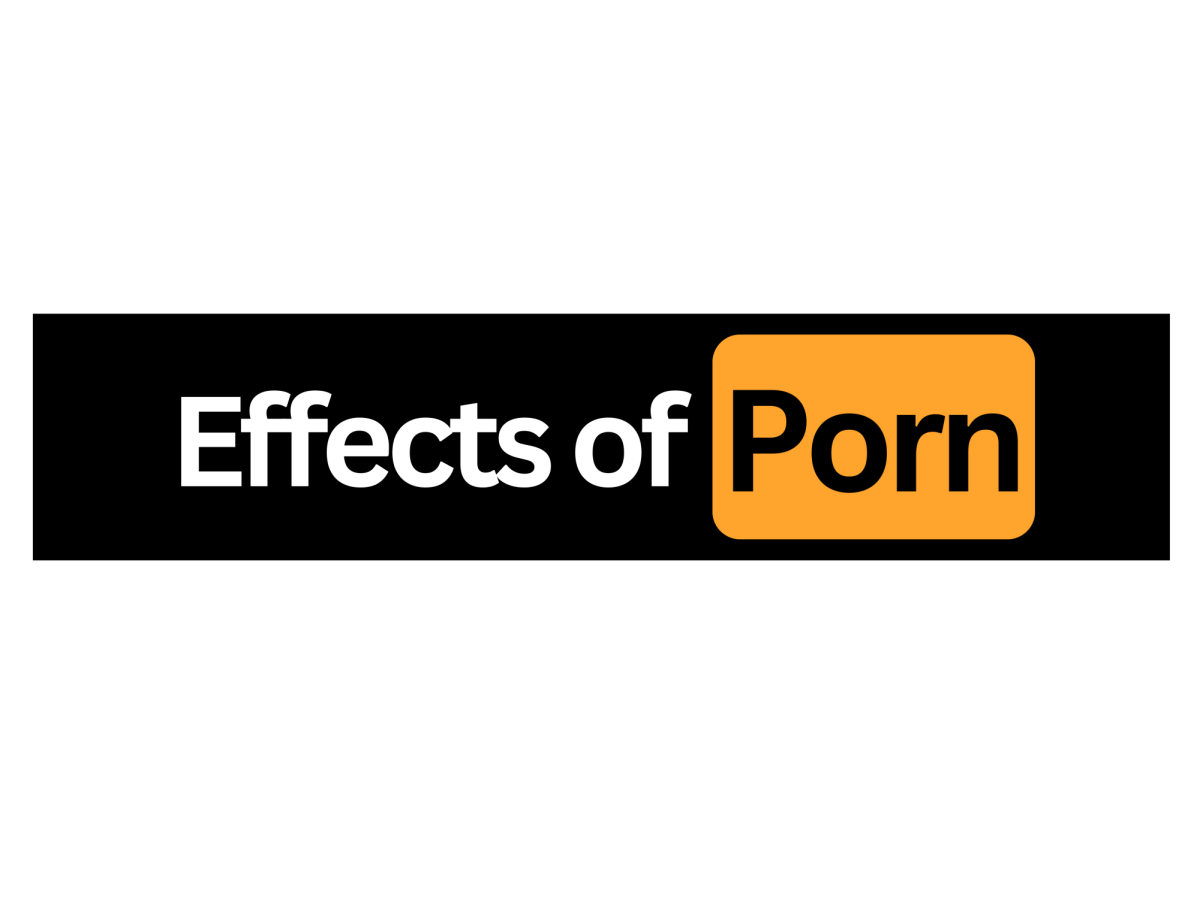“We’ve all cheated. every single one of us at this table and every single one of us at this school.” When I started trying to research cheating culture at LM, I was met time and time again with confessions like these. Academic dishonesty proliferates in every corner of LM. After months of research, I truly think it’s worth taking a deep dive into both the micro-level instances of dishonesty and the broader structural forces at play, to understand the normalization of cheating in contemporary education.
The general consensus gathered in my interviews among students at LM is that academic integrity is a lost art here. One senior said, “I cheat on basically every test.” The reasoning seems to be a cyclical effect, with another senior claiming that “if everyone is cheating obviously I’m going to want to cheat too.” Another senior added later on that “Even smart people cheat a lot, like the smartest kids in the class will write down answers on their arm to get that perfect grade.” This led me to wonder whether this epidemic was, in some ways, a product of the desire to even the playing field, which I later explored through the lens of academic capitalism.
It seemed as though there was a perpetual supply of anecdotes about cheating on tests in school classrooms, and I wondered if this extended further. I found that not only was this a pervasive issue in classes, but that a large portion of students I spoke with at LM employed their cheating methods on standardized tests as well. The SAT, ACT, Keystones, and AP exams were all fair game for those that I interviewed. One senior recalled their experience taking the AP Microeconomics exam, stating, “On the AP Econ test people went to the bathroom and taped up the graphs on the walls so they could reference them when needed.” Another senior proclaimed, “I did cheat on the paper SAT, and that was the best I did.” One sophomore student recalled that during the Biology Keystone exam, “a freshman got caught cheating and [they] watched her get escorted out of the classroom.” Another senior explained their experience taking the AP Language and Composition exam last year, including a detailed account of their cheating method. The student explained, “Last year I was sitting at the same table with someone else, and the exam was on the laptop, right? So you know, two laptops at the same table makes it quite easy to see the other one, and the [multiple choice] bubble is really easy to see. We checked all of our answers for the [multiple choice questions.]” The student followed up, saying that they “haven’t really told anyone except for some of [his] closest friends.”
That said, there are students who despite its prominence, have never cheated throughout their academic career. Molly Diamondstein ’25 is a perfect example of this. When asked the same questions as other students, she gave a vastly different answer: “I’ve never cheated on a test. I would rather fail than cheat, and I do fail. I fail so much that if I did cheat, teachers would know.”
Throughout my interviews I was also made aware of an instance that took place in AP Spanish during midterm week. For the multiple choice section of the midterm, the exam had a faulty lockdown browser, leading large numbers of students to look up answers and score relatively high on this section. After returning from midterm week however, students were informed that due to how widespread the cheating was, that the test would just be excluded from Powerschool grades. For some, this was disheartening. Hugo Sanchez ’25 explained that he was “pissed off.” He continued saying that he “grinded for [his] Spanish Midterm and the grade was fully removed since everyone cheated.” A similar sentiment was shared by fellow classmate Andrew Stearn ’25, who shared that “It’s ridiculous that [the teacher] knows people were cheating and yet nothing is happening. It was a waste of an hour and a half. It was supposed to be this big midterm but since people cheated nobody gets anything from it.” Others are less surprised by the ordeal, with one senior taking the class saying “It was bound to happen was it not?”
The preliminary stages of my research included collecting evidence examining the logistics of cheating in the classroom: first the how, and then the why. Focusing in on the first half, I gathered anecdotal evidence on how people cheat at LM. In one interview I conducted, a senior at LM who wished to remain anonymous explained that “science lab desks have a ledge over them, so kids can pull out their phones and have them under their desks to cheat.” A freshman at LM who also wished to remain anonymous explained a detailed instance of academic dishonesty: she said “I knew my teacher was flustered during the Lunch and Learn before the test, so I asked him if he had any extra practice. I intentionally stood next to where the test was on his desk, so Instead of handing me the practice, he handed me the test. I looked everything up and I have no regrets; I got a 99 on that test.” When asked if her peers had taken similar measures, she not only said yes but offered up an example: “During the freshman Bio cellular respiration and photosynthesis test, students would leave and go look at the paintings on the wall with the processes and then come back.” Another confession came later that day from an anonymous senior: “I once helped a kid cheat in the testing center, he handed me his sheet and I just finished it for him.” Certainly, there is no shortage of creativity when it comes to new methods of cheating at LM.
What I noticed throughout this portion of my research is that once a student confessed to one instance of academic dishonesty, they were able to more easily recall and share other instances of both themselves and their peers. Perhaps the most startling confession however, came from a senior here at LM who’d like to remain anonymous. When asked if they had any personal anecdotes to share, they pulled me aside and explained that in one of their classes, “people stole the midterm before it happened by coming into the classroom after school and then distributed pictures of it to others taking the class.” That same student amended their statement to include that this method was employed on “every test so far this year.” Later on, more students talked about the same instance. One explained that the scheme was “supposed to be kept very quiet,” claiming that, despite knowing that it was happening, they had only ever received the pictures of the test once, and that it was typically shared between a smaller group.
As for the question of why students cheat, the answer was virtually identical from person to person. One senior said, “Teachers always give us this talk where they tell us that we care too much about our grades, but it’s partially parental pressure and it’s also impossible to get into any college. How are you gonna tell me I shouldn’t care about my grade when in order to get into any school I need to have a perfect GPA?” Another senior followed up that statement by saying that “tests and big essays are weighted so heavily so people feel the need to do the best on those. It is so hard to get your grade back up after a bad test.” That said, I didn’t believe that striving for perfection, while undoubtedly prominent, was a viable explanation for just how widespread the habit is, and I wanted to examine other subconscious motivations for academic dishonesty.
This brought me back to one of my initial discoveries, which was that cheating, at least at LM, often functions cyclically. This idea led me to explore cheating as a deeper psychological phenomena as opposed to only a product of competitive academic environments. What I found was that the underlying circumstance is actually a widespread lack of the requisite self-efficacy to engage in complex tasks, rather than simply the fixation on extrinsic outcomes. This idea is far more reflective of societal and cultural shifts in recent years, such as the proliferation of and heavy reliance on AI, which many, including myself, believe is eroding our ability to think properly as humans.
My conclusion as to why students cheat is therefore not that the academic culture is too pressuring, but rather that we as students are, at the crux of the issue, becoming lazy. Furthermore, society embraces this laziness alongside technological evolution. The less we want to do, the faster we embrace arguably worse alternatives. As students, we are encouraged, whether overtly or subtly, to seek the fastest path to success, and cheating has become a viable solution to this desire for expedience. This mindset is not just an individual issue, but a societal one—where institutions, both educational and corporate, often reward results over the process, further reinforcing this cycle. As a result, cheating has become normalized, not necessarily because of a lack of knowledge or ability, but because of a collective willingness to take the path of least resistance.
Another angle to explore is the idea that cheating itself could be viewed as an elusive term when examined through the lens of capitalism. Academic capitalism refers to the commercialization of education, where higher education institutions increasingly operate like businesses, driven by market forces rather than a commitment to intellectual growth. In such an environment, the focus shifts from the intrinsic value of learning to the extrinsic rewards of grades, test scores, and prestigious degrees. Under academic capitalism, education becomes a commodity to be bought and sold, and students are transformed into consumers seeking the most efficient way to attain the credentials necessary for future success.
One manifestation of this is the proliferation of tutoring services that promise high grades or improved test scores, sometimes employing methods that prioritize results over genuine learning. When tutors focus on teaching students how to strategically navigate exams or complete assignments with minimal intellectual engagement, they contribute to the system of academic dishonesty. In this context, academic success becomes a product to be purchased, with students increasingly relying on shortcuts—such as obtaining answers or strategically gaming the system—to achieve their desired outcomes. Thus, academic capitalism not only encourages cheating, but institutionalizes it in the form of services that perpetuate the idea that success can be bought. This broader market-driven framework shifts the emphasis from learning for its own sake to a transactional approach, where grades and scores are the ultimate currency. In such a system, cheating becomes normalized, and the line between ethical academic behavior and dishonesty is blurred.
This raises an ethical question: is cheating inherently wrong? While many would argue that cheating is unequivocally immoral, others, such as economics teacher Sania Mirzanschall, offer a more nuanced view on the matter. She suggests that the morality of cheating depends largely on one’s perspective on the systems in place. According to Mirzanschall, “deciding whether cheating is okay is dependent on whether you think it’s okay to game a system. Systems exist to create order, and if a system is broken, why not game it to your advantage?” In this sense, cheating might be seen as a response to a flawed system. However, this raises further questions about the consequences of widespread cheating. Mirzanschall adds, “At the same time, broken systems break society. Grades are certainly not that deep, but lies are, and what is cheating except lies about your knowledge and ability?”
The widespread cheating at LM highlights deeper issues within both student behavior and the educational environment. While pressures like grades and external expectations contribute to dishonesty, the core issue lies in a lack of intrinsic motivation and the normalization of shortcuts. Cheating, though seen as a way to cope with a challenging system, undermines trust and academic integrity. To effectively address this, a shift is needed toward fostering genuine learning and ethical behavior within the academic culture.





